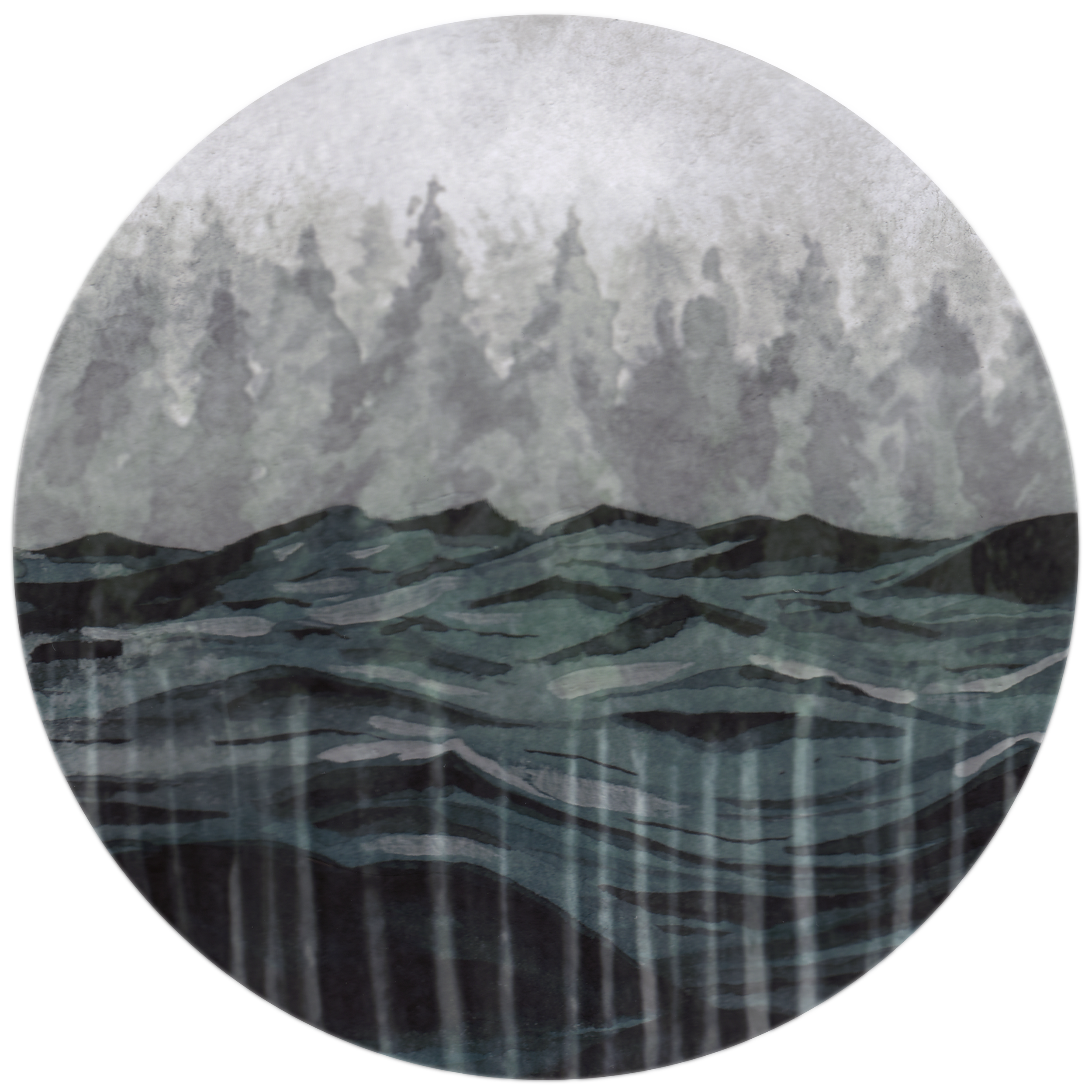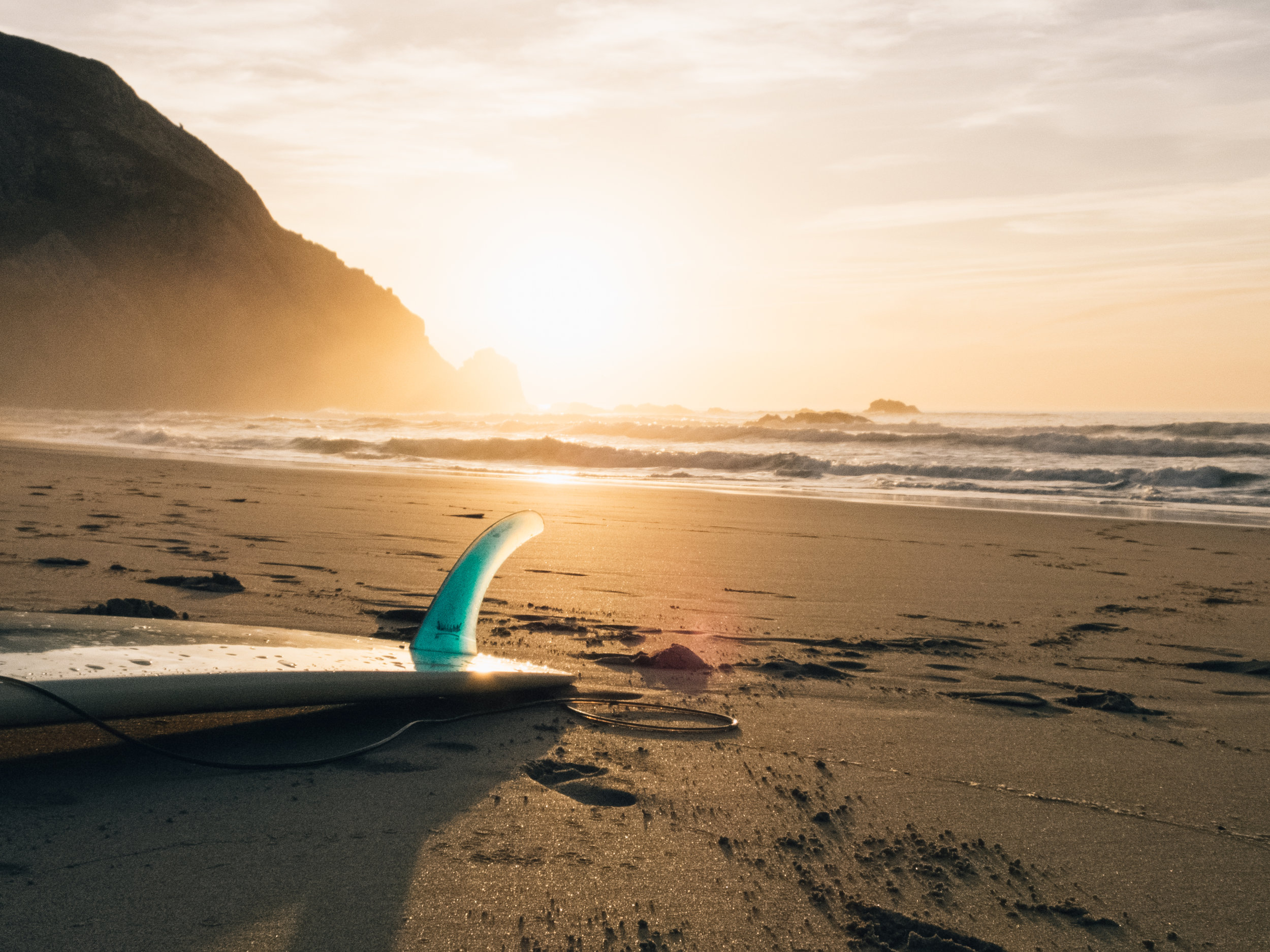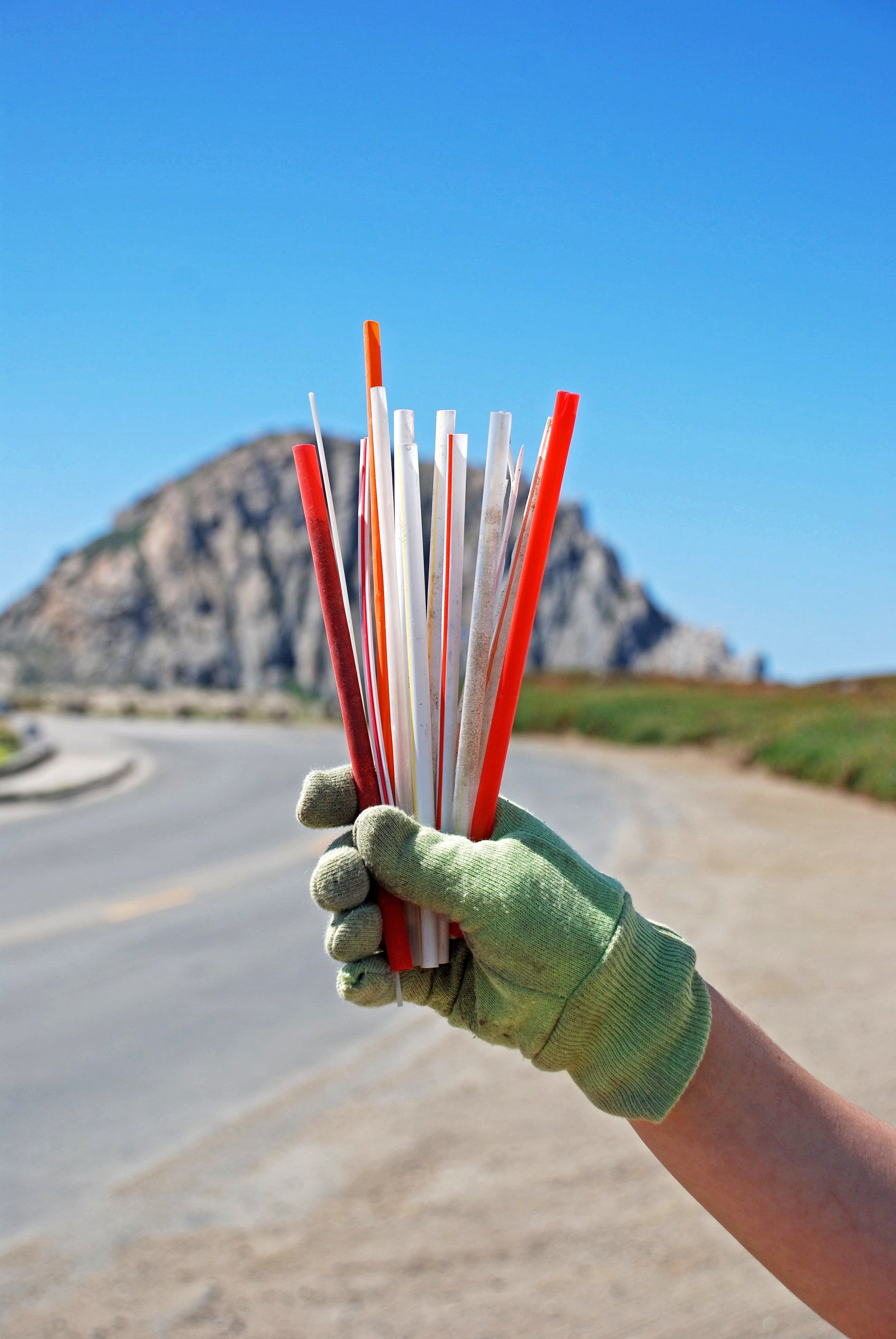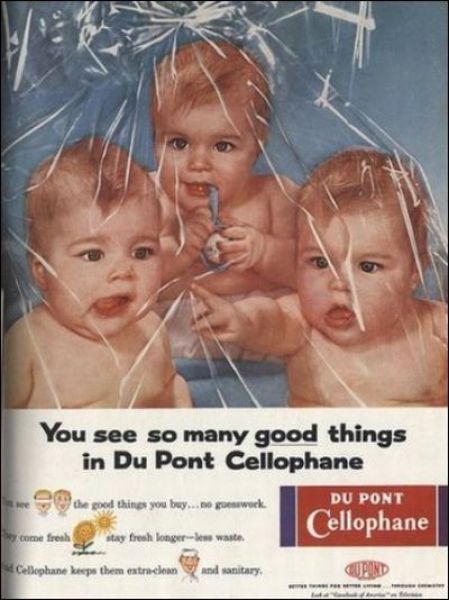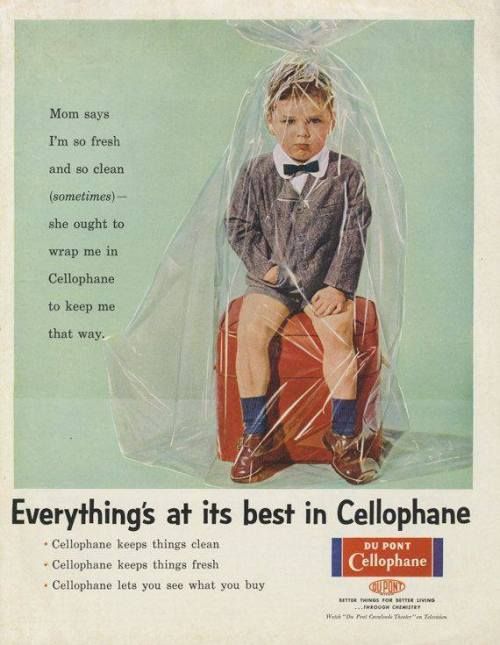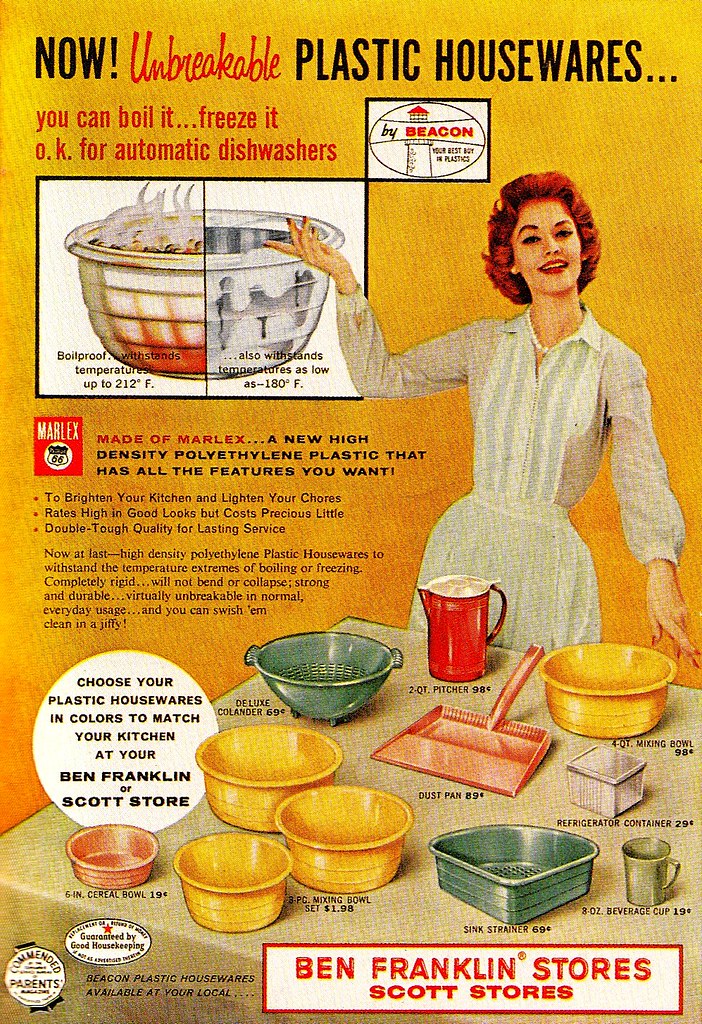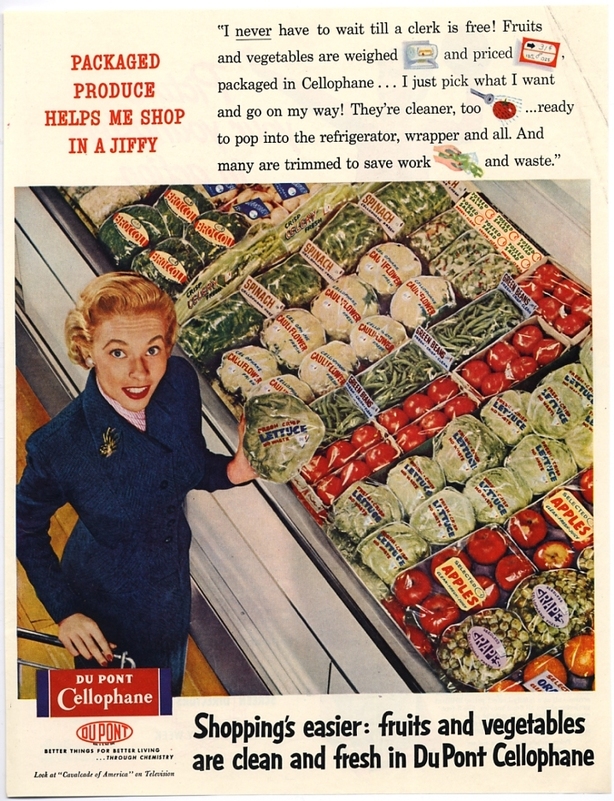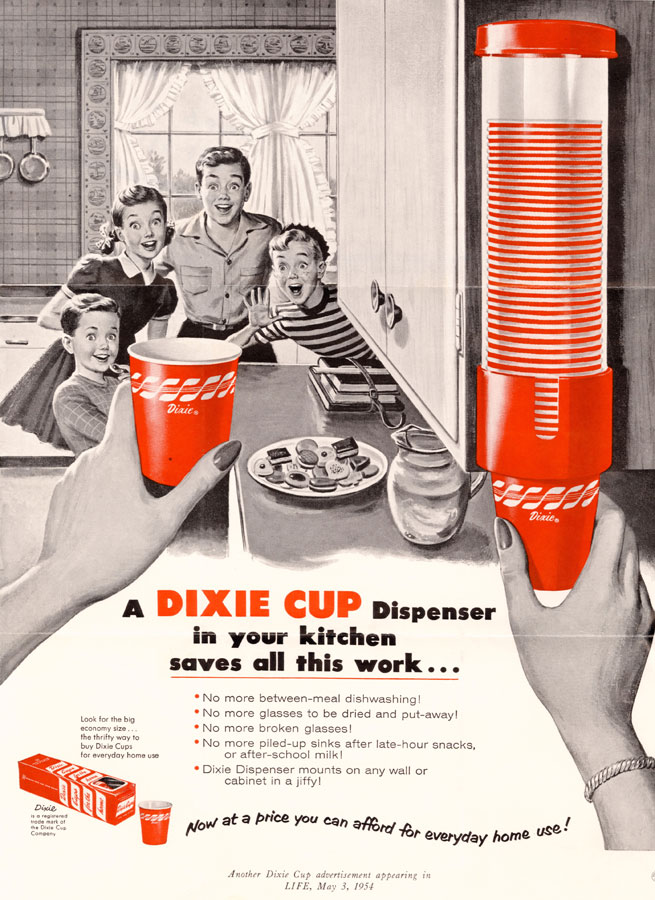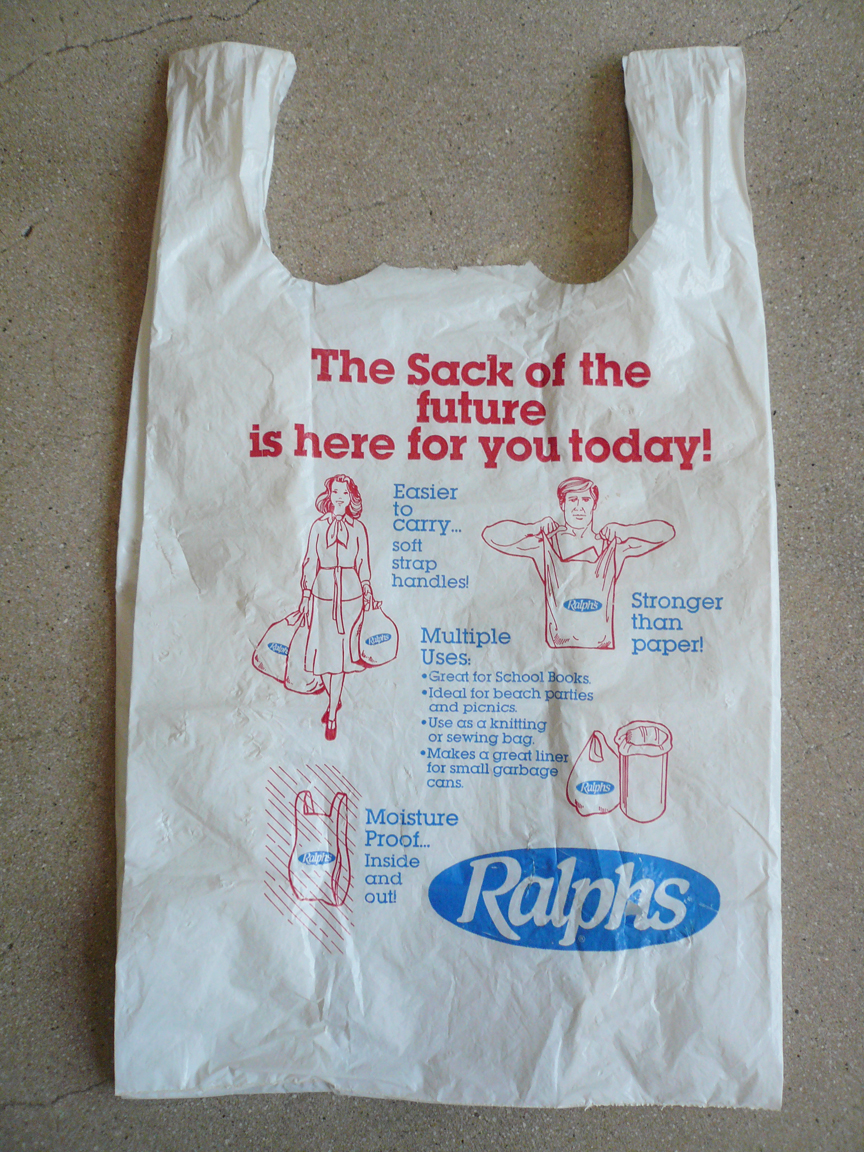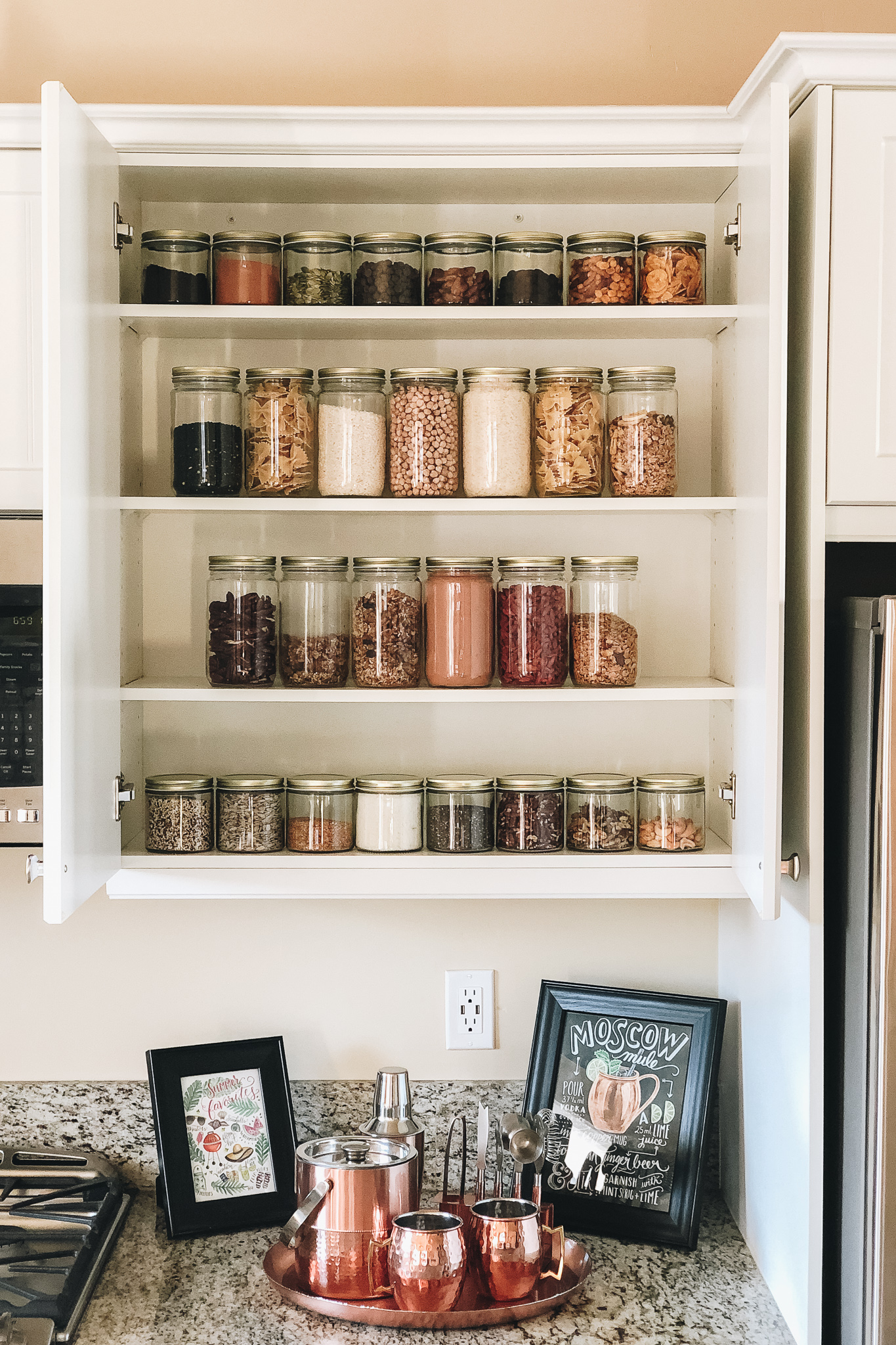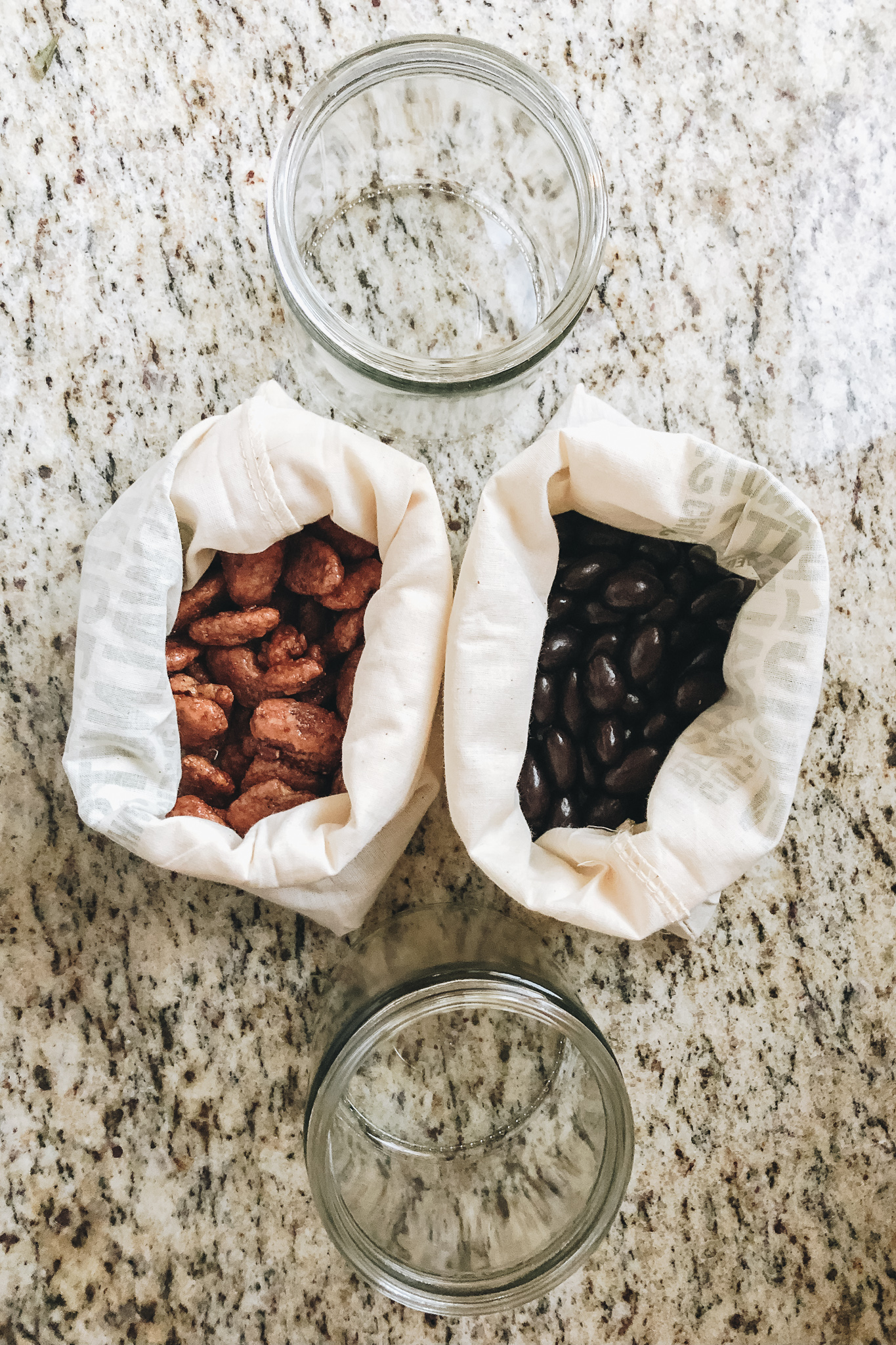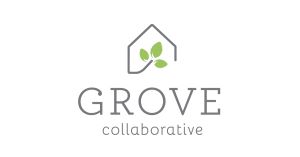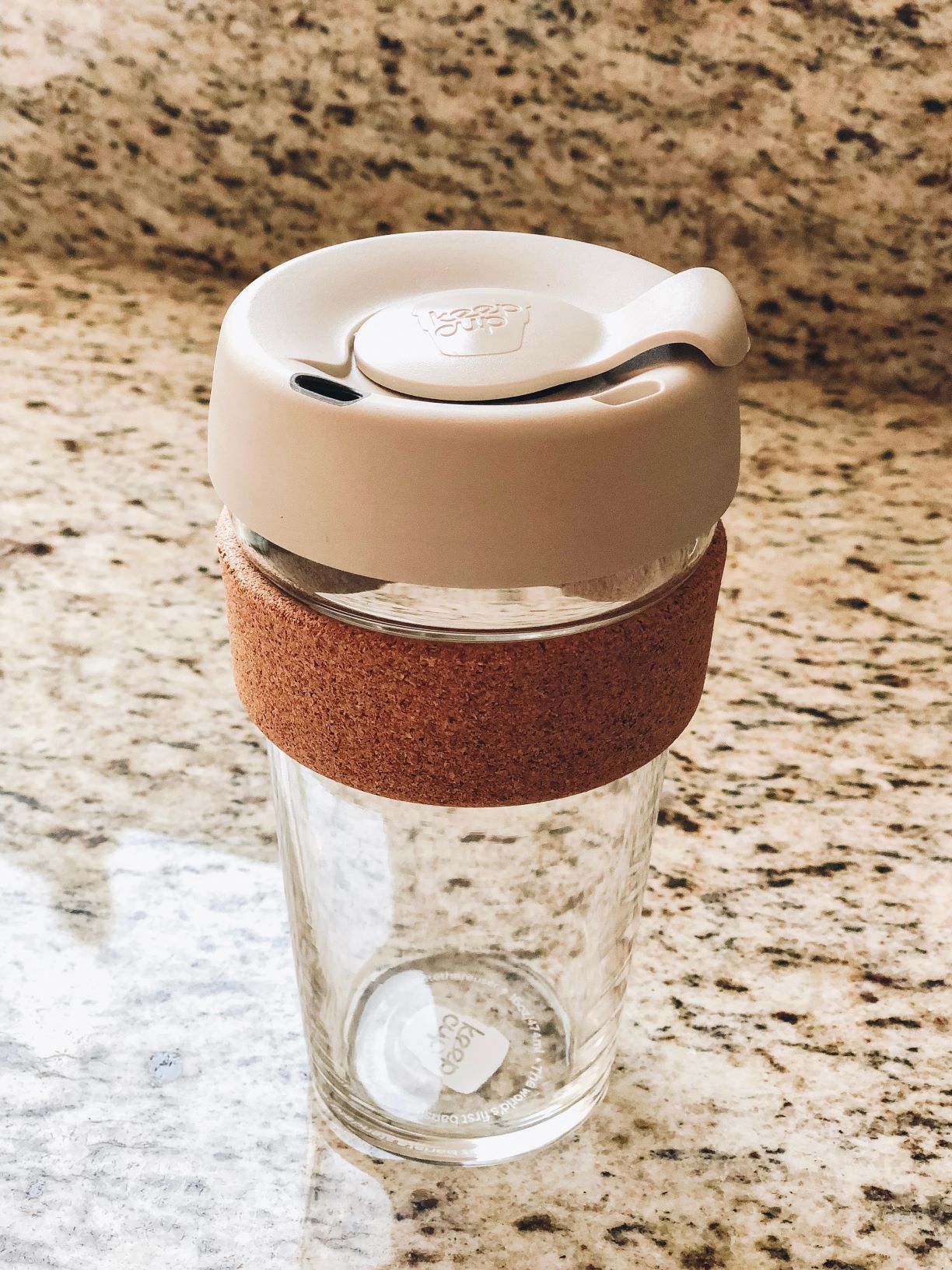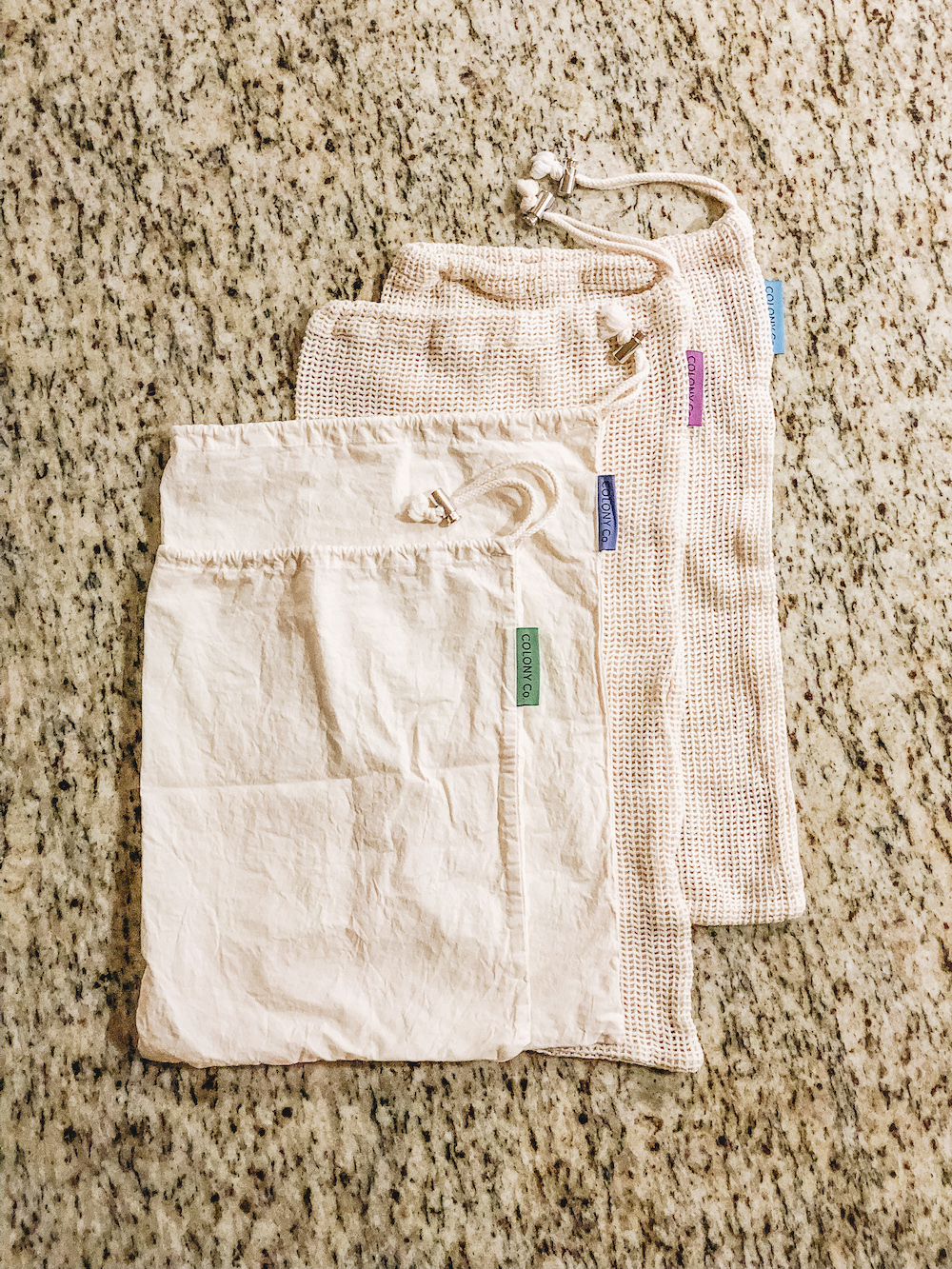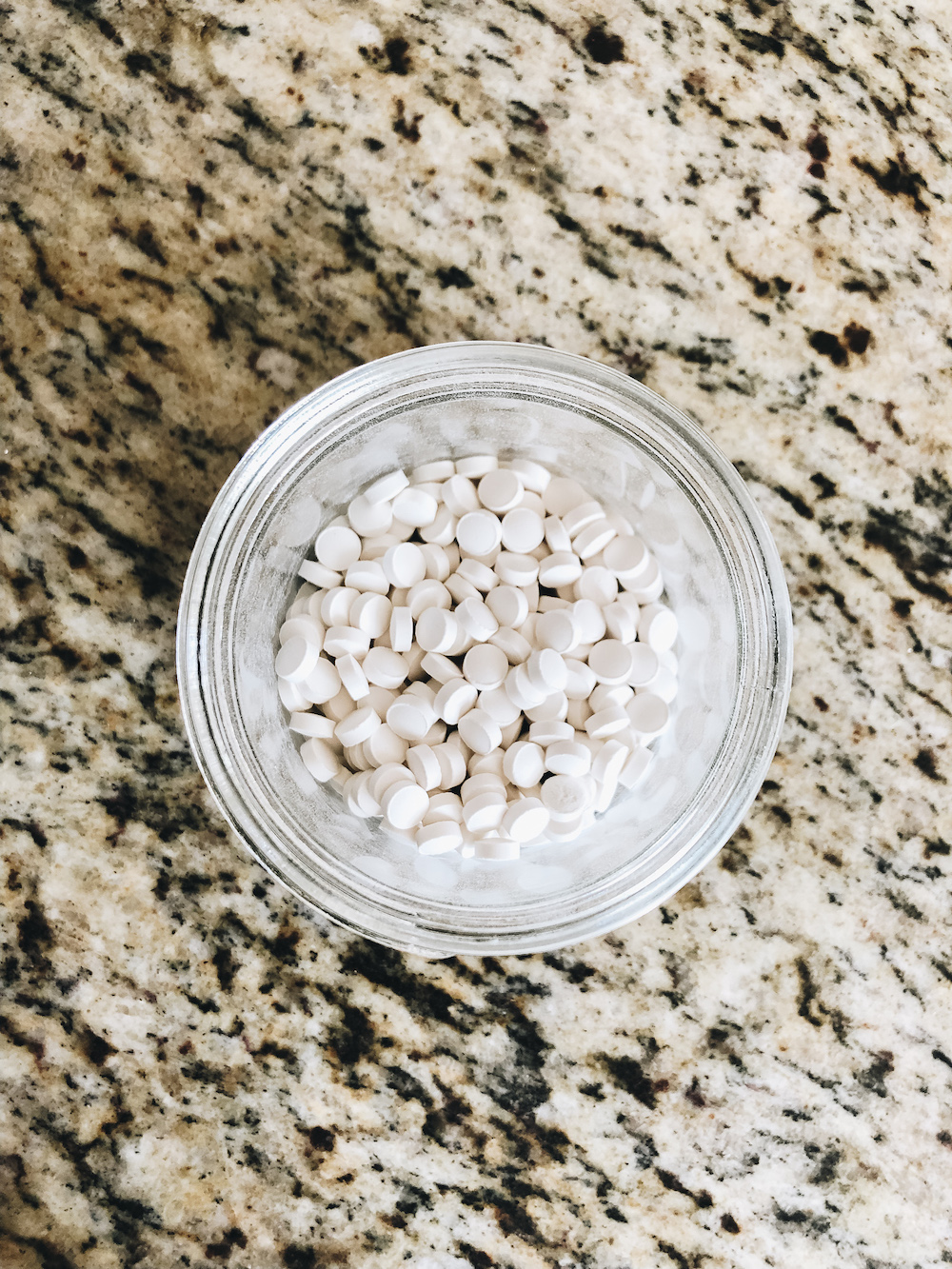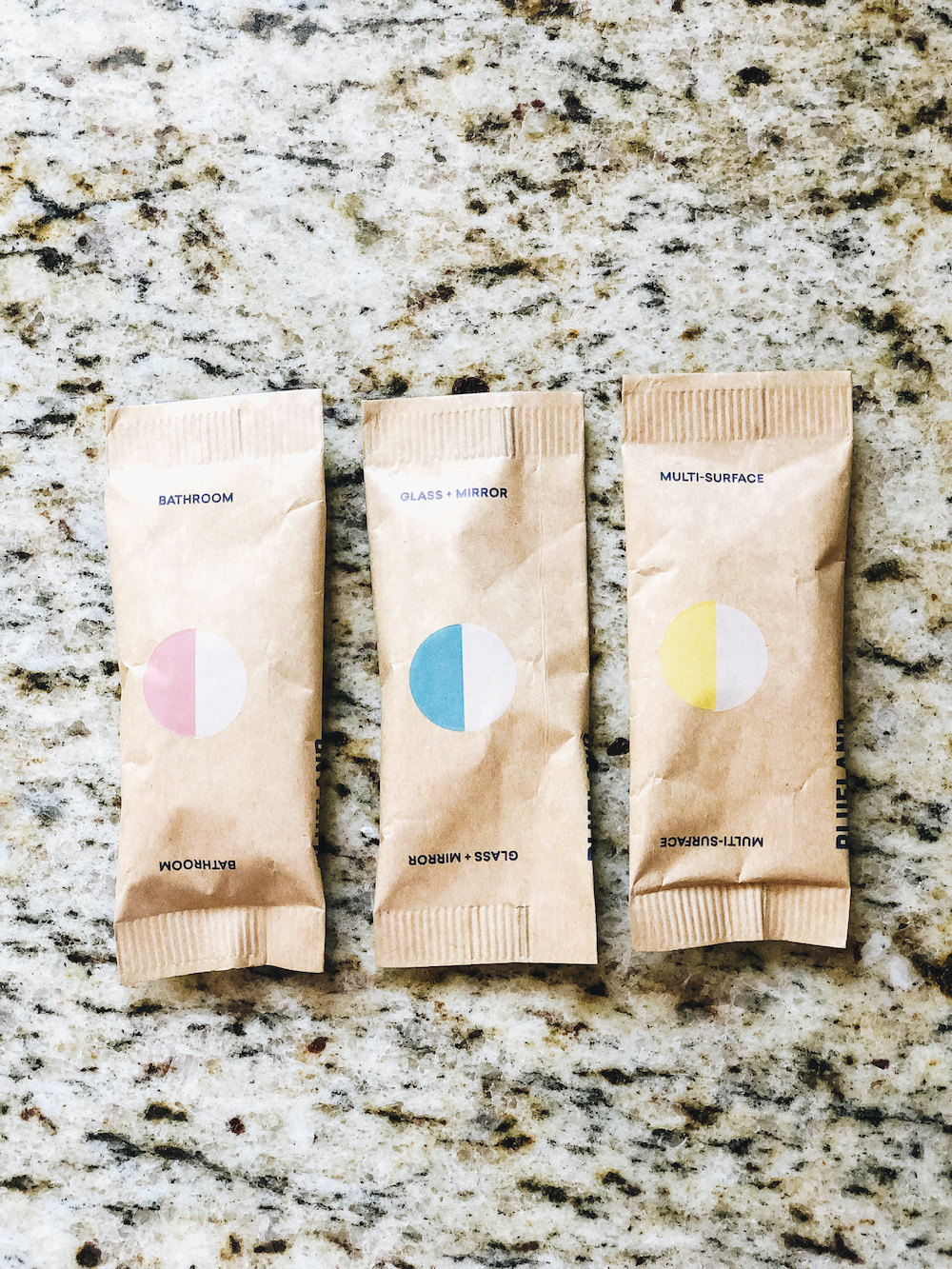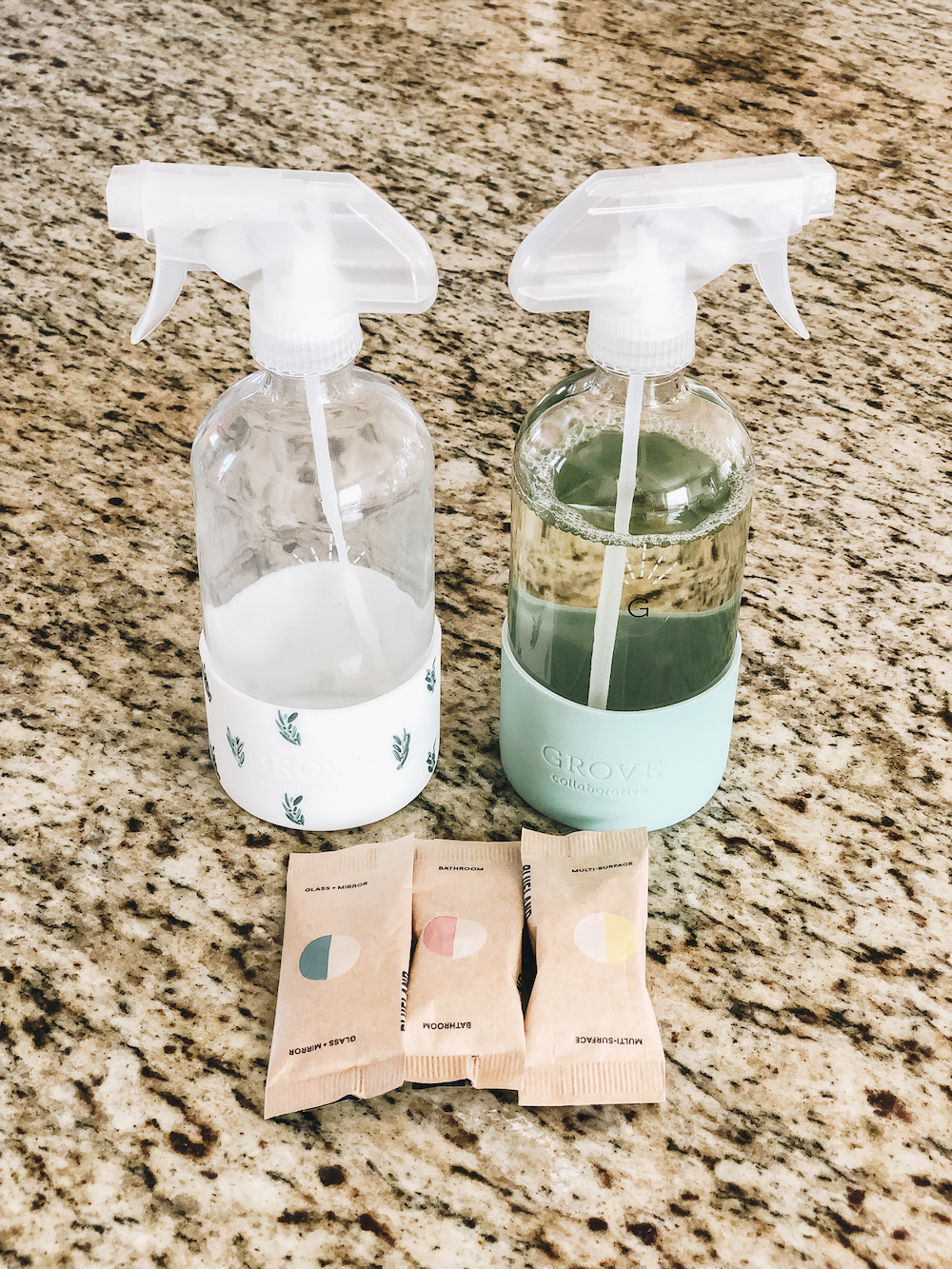Purging Plastics: A Year of Low-Waste Living
Morro Bay, California | Cedar + Surf
A week of #nsale and #primeday has me cringing a little remembering how exited I used to get for both events. My reaction to bloggers with overflowing Nordstrom bags and porches filled with Amazon boxes has done a 180 in the last few years. Intrinsic minimalism led to low-waste life led to all-around ethical shopping and here we are, a few years later and an entirely different perspective on the act of buying stuff.
Ten minutes of A Plastic Ocean will have you Googling how to rid your life of every piece of plastic you possibly can. Watching this was my personal tipping point - the thing that caused me to act on the things I already knew. All self-deprecating humor related to my documentary obsession aside, the amount of plastics we produce and consume is a well-documented problem that is somehow still getting worse. Despite what we know about plastic pollution (and despite the sporadic mainstream activism that usually follows some tragic viral photo like the sea turtle impaled by a drinking straw), we continue to produce and consume more and more plastic each year. This trend is expected to continue, I guess, until we’re all living out a real-life Wall-E scenario, trying in vain to make use of the trash heap we call home.
a sandy wake-up call
Living at the beach makes it impossible to ignore this problem because it’s in your face every day. Every beach walk requires a bag to collect bottles, cigarette butts, bottle caps, plastic bags, wrappers, and endless bits and pieces of the substance once known as a “genius alchemy of coal and oil.” (Plastic is made from oil, so its production requires the extraction and burning of fossil fuels. Translated: The production of plastic causes environmental destruction and global warming.) Convenience isn’t as charming when you think it through.
waste is a modern profit-maker
I’m going to go out on a limb and conclude that the advertising geniuses behind plastic-wrapped babies weren’t motivated by a desire to benefit humanity or the planet, so it may be time to reconsider the throwaway convenience mentality thrust upon us for profits since the 1950’s (not to play the blame game, but on your watch, boomers.) We don’t need any of these products, and I’d argue that they’re not any more convenient, either. Look below for more ethical alternatives - I’ve recommended a few things we use regularly.
sobering stats
Most of the plastic that was ever made still exists.
Even things that can hypothetically break down can’t break down in a landfill because landfills lack the oxygen and water necessary for the process.
By 2050, there will be more plastic than fish in the ocean.
We use 20 times more plastic today than we did in 1964.
The main cause for this increase is plastic packaging, 52% of which is thrown away.
91% of plastic isn’t recycled, which means that people attempt to recycle only 9%.
I say attempt because Americans, in particular, are bad at recycling and often mess up the process by not following instructions.
Single-use plastics generate 300 million tons of trash every year and represent about half of the trash that makes its way into the ocean.
8 million tons of plastic are dumped into our oceans every year and that is expected to increase tenfold if current trends continue.
Biggest culprits: cigarette butts, plastic bags, straws, bottles, coffee cups, and cutlery
Microplastics are a special hell of tiny plastic particles ingested by marine life and up the food chain, eventually by us.
We’re literally eating our own plastic waste.
Most of our clothing sheds millions of plastic fibers and they infiltrate the environment. (polyester = plastic)
There’s a floating mass of plastic twice the size of Texas in the middle of the Pacific Ocean.
Humans now buy 1 million plastic water bottles per minute.
but can’t we just recycle more?
The bad news is - recycling isn’t enough, so the logic we use to absolve ourselves of consumption choices isn’t actually supported by facts. The good news is - this is a solvable problem. We’re not awaiting some technological savior; we already have alternatives; we just need to use them and generally that means placing a lower priority on our convenience. We even have genius ideas like reducing world poverty by plastic banking, and as smart as we are, there’s still no substitute for reducing consumption to reduce production. Companies stop making what we don’t buy.
It’s easy to talk hypothetically about reducing plastic consumption and “living low waste”, so I waited to see how low-waste life played out for us before writing about it. Would it be sustainable? Would the changes be permanent? Would it be more expensive? How difficult might it be to navigate away from the mainstream? Do comparable products even exist? I had so many questions when we got serious about this.
what has changed for us?
Mentality, mostly. Two years ago, we decided to shift as much of our purchasing to ethical companies as possible. Believe it or not, we’ve been Target-free (when I say Target, I mean all box stores), for over a year and were able to direct the money we previously spent there to other, more ethical options - to smaller companies whose sustainability values align with ours, that pay their employees a living wage, and that give back - #shopsmall(ish). Going in, I wasn’t sure if being Target-free was humanly possible (admittedly, I’m a former weekly Target shopper), but our goals were 1. to phase out Target, 2. to stop buying things on Amazon (by the end of 2019), and 3. to stop shopping at Whole Foods in favor of farmer’s markets and smaller grocers. We’re currently working on steps 2 and 3. The Jeff Bezos ecosystem (Amazon bought Whole Foods) is hard to quit, but we’re trying and I’m not about to let perfection be the enemy of progress and you shouldn’t either.
Reflecting back on what’s changed in the last few years: we spend less money and significantly less time shopping; we only buy what we actually need/use; and we have far less stuff in the house. These are wins all around as far as I’m concerned. I’m convinced that half of what I used to buy at Target wasn’t necessary anyway and not wasting an hour + each week in a store is a gift in itself. We also switched to bulk grocery shopping, something that I’ll cover in a separate post. We’re lucky to have a local Sprouts, which makes bulk shopping easy, but I’ve noticed more stores adding to their bulk sections, too. Bulk shopping is essentially using your own sustainable containers to shop from bulk bins rather than buying 30 items in plastic on every grocery trip. I love it and my pantry has never looked neater.
Happily embracing a minimalist lifestyle made this switch much easier, too. We’ve always been minimalists, so this was just a (very important) natural step further. The key was finding the right products and now we buy exactly what we need and nothing more. Today, I routinely think about who I can benefit with any money I’m about to spend, whether it’s on a t-shirt, a quart of strawberries, or a dog collar. Sadly, I lived a large portion of my life never thinking twice about that. I’m confident that being more mindful never hurt anyone.
There doesn’t seem to be a single shopping destination (in the US - Europe and Australia are much better at this sustainability thing than we are) where I can buy everything I used to buy from Target, so we’re using several smaller companies that we’ve tried and loved.
shopping faves
Free shipping with a $25 purchase
Zero-waste packaging (no plastic - not even the tape)
Founded by a couple whose travels inspired them to do with less and minimize waste.
Favorite Products
silk floss | Unpaper towels | Keep Cup | stainless steel straws
Free shipping with a $25 purchase
Zero-waste packaging (no plastic - not even the tape)
Founded by a boss lady blogger who claims she can fit all of the trash she has produced in the last 5 years into a 16 oz. mason jar.
Favorite Products
Certified B-Corp
Return anything, any time, for any reason.
Values listed for each product makes comparison shopping easier. (Made in the USA, woman-owned company, vegan, etc.*)
Free shipping with VIP membership ($20/yr. - 60 day free trial)
Minimized packaging (It’s not plastic-free, though.)
*Grove Collaborative is a great hub for discovering more ethical brands and products. They’re not all plastic-free, so I think this is a good “step in the right direction” company to investigate, but there are better alternatives to some of the products. Their customer service is top notch.
Favorite Products
beeswax wrap | glass spray bottles | laundry detergent system
product faves
Finding a quality alternative to all of (well, most of) the things we used to buy without thinking has been a p r o c e s s and we’re not all the way there yet. The hope is that enough people shift their voting dollars from what they’ve always known to better alternatives and that this inspires real change, making it easier and more affordable to live with less impact on the planet. This collection is actually the product of an impressive squad (friends and co-workers) on a similar journey. Every time one of us tries something, we share our review with the group.
**Disclaimer that learning more about plastic pollution can make you feel like you need to ditch everything you own and start over. The most ethical thing you can do is use what you have and only buy what you need. Don’t fall victim to a different type of marketing that still encourages over-consumption as companies peddle tons of “ethical” options.
Hydro Flask // Instead of: plastic bottles
Why you’ll love it: They’re all the rage for good reason: there’s a lifetime warranty and they keep your drink cold all day. I left mine in a hot car for 8 hours and though the bottle itself was hot to the touch, there was still ice inside it after work. The handle is great for hiking and active lifestyles. I carry this everywhere, every day, all the time. We have a bigger one for road trips so there’s no stopping at convenience stores for water bottles. Our cross-country road trip last summer taught us how wasteful travel can be if you’re not prepared.
I know that lots of people have reusable plastic water bottles, which is great, but plastic still leaches chemicals (even the BPA-free kind because the BPA is replaced with very similar alternatives.) The jury is still out on silicone’s long-term safety, though it’s generally understood to be much better than plastic, so it’s glass and metal for us.
Keep Cup // Instead of: disposable coffee cups
Why you’ll love it: This gem is a reusable glass coffee cup with a cork band upcycled from wine corks. Present it when you’re ordering at Starbucks and you’ll always know which drink is yours. I don’t drink coffee but Ryan uses this every day and, by our calculations, it’s saving him from using about 500 coffee cups each year. And that’s just one over-tired Air Force officer.
Reusable Produce/Bulk food bags // Instead of: groceries packaged in plastic, those annoying produce bags on a roll
Why you’ll love them: They’re machine-washable and biodegradable (packaging, too!), color-coded, and the tare (the weight of the bag) is printed on the tag, so there’s no question when it comes time to weigh your purchase. I’ve been stopped a dozen times in the store by people asking me where I got these. The 10-piece set has been perfect for us and I’ve never needed anything else while shopping - I just throw these in a tote bag and go.
Unpaper towels // Instead of: paper towels wrapped in plastic
Why you’ll love them: You don’t need to buy paper towels anymore! We opted for the grey set so that we can use the black ones for things like wine or red sauce without staining the fabric. They’re made in Oregon and were created by one smart momma while she was on maternity leave. If you’re trying to be maximally ethical here, any absorbent fabric will do the trick. There’s even a few cute mason jar dispenser hacks and tutorials on how to make these into wipes. Our secret to success has been using only certain colors for cleaners and tossing them in our laundry room sink when they’re dirty. The more we wash them, the more absorbent they seem to become.
Stainless steel straws + Final Straw // Instead of: plastic or paper straws
Why you’ll love them: Stainless steel straws are fairly straightforward - they usually come with a little cleaning brush and are dishwasher safe, so very little effort is required here. I drink a smoothie every morning, so we use these quite a bit. Final Straw is a great travel option that folds up into a convenient case and is great for eating out. I’m not sure how many people buy straws for home use, so I think the vast majority of progress to be made in this area comes when dining out. It fits easily in my purse which is the key to actually using it. The only drawback here is a silicone lining and (recycled) plastic case. Silicone seems necessary for the straw’s flexibility, but it seems like there should have been an alternative to the case.
Toothpaste bits // Instead of: toothpaste tubes
Why you’ll love them: These toothpaste bits come in a recyclable glass jar (which is huge because we throw out a billion toothpaste tubes - 50 Empire State buildings worth - every year.) You chew them up a bit and when mixed with a small amount of water, they work like regular toothpaste. In their quest to improve on the toothpaste tube model, they also eliminated filler ingredients and created a cleaner product. The packaging and refills are plastic-free, biodegradable, and are made from recycled materials. They don’t test on animals and, as an added bonus for frequent travelers, the bits don’t count as liquids in your little TSA bag.
Currently, Bite does not offer toothpaste bits with fluoride (Do your research and determine if you think this is important. Personally, I think the science behind preventing tooth decay says it is), so we’ve been buying DentTabs from Germany. Europe seems to have worked out this sustainable thing much better than we have. Being extra level 100, I reached out to Bite about this and learned that they’re developing a fluoride option they hope to release this fall. I realize that not everyone is going to be down for importing toothpaste bits from Europe, so I offered the US option in this list, but I do really like DentTabs.
Mouthwash tablets // Instead of: plastic bottles of mouthwash
Why you’ll love them: All the way from the UK, these small, dissolvable tablets come in a recyclable glass jar. The formula is pH-balanced and alcohol-free, so it’s super gentle. (Another example of how to make life easier when flying without liquids!) Truth be told, I like these tablets, but I don’t love them, so I’m also going to try by HumanKind’s mouthwash tablets. I’ll update this when I do. When will the number of Americans importing better products from other countries reach a critical mass that inspires us to make our own?
Compostable dental floss // Instead of: nylon floss in plastic containers in plastic packages
Why you’ll love it: This compostable silk floss comes in a recyclable glass jar and is coated with candelilla wax. The floss refills come in a compostable bag without the glass container. I actually prefer this floss to “regular” floss - it’s gentle and effective, though it doesn’t glide as easily (this is the reason I feel like it works better.) I’d much rather compost my floss than think about it strangling sea life. Dental Lace is based in Maine and they also offer a vegan floss option (which takes the silk worms that are boiled alive to produce silk out of the equation) but is not currently compostable. Ethical living has its trade-offs but either option is better than triplicate plastic.
Reusable beeswax wrap // Instead of: Saran wrap
Why you’ll love them: These reusable food wraps are handmade from organic cotton, adhering well using just the heat from your hands which semi-melts the beeswax. They’re easy to wipe clean and reuse and people seem to agree that they work better than the eternally-frustrating plastic wrap alternatives. Bee's Wrap uses organic jojoba oil and their packaging is 100% recycled and plastic-free. Their products are reusable, biodegradable, and compostable and their beeswax is sourced from sustainably-managed hives in the US. They also come in several cute prints.
Cleaning concentrate tablets + glass bottles // Instead of: the usual array of kitchen, bathroom, and window cleaners in plastic bottles
Why you’ll love them: Blueland’s cleaning concentrate tablets save space, money, and plastic. You drop the nickel-sized tablet into a glass spray bottle and fill with water. Refills are only $2, shipping is free (over $35), and the packaging is compostable. Zero waste! They did their homework with ingredients and chose the best people, pet, and planet-safe options, earning Cradle to Cradle, Leaping Bunny, and several other certifications for their efforts.
Blueland sells kits with what they call “shatterproof forever bottles” (but these are plastic, too, so… pass.) I bought Blueland’s tablets, which work really well and have been using the glass spray bottles I already had as well as a few from Grove Collaborative. Any glass bottles will do.
what about the carbon footprint of online shopping?
If you’re wondering about whether buying products online and having them shipped to your home is actually better for the environment, you’re not alone. MIT studied this and much of it boils down to whether or not our shipping method utilizes existing mail routes or whether our relative impatience and temptation to ship everything 2-day Amazon Prime overrides our sensibilities. Other variables like how far you live from the store also matter. Bite (the toothpaste bit company) summarized this really well:
Source: Bite Toothpaste Bits - https://bitetoothpastebits.com/pages/sustainability
the last of the plastic
I thought I’d keep the “last one” of every piece of plastic we’d previously bought, decided to use up, and vowed never to purchase again. Even though I forgot to save things 75% of the time, the pile is still a lot, especially when you think about the fact that we’re already pretty minimal and we don’t have kids. I’d hate to see what a year’s worth of our trash would look like.
we can all do better
I’m writing this as my best friend is visiting us with her 1 year old. I’m watching her tackle the relentless challenges of motherhood like a boss while contemplating just how many products necessary for keeping a child alive are, in fact, made of plastic (or are packaged in plastic.) I quickly realized that having the mental bandwidth available to think about this issue is a privilege of the top-tier Maslow variety. Understandably, the last thing on her sleep-deprived mind is how much plastic her family is using on a given day and I’m certainly not going to judge someone for not opting into the chaos of cloth diapers in a valiant but self-destructive effort to save the planet. While I think we can all do better (meaning the average American can make truly meaningful changes with relatively little effort), some of us have the ability to go a little further and those of us that can, should. Looking in the mirror here.
room for growth
For us, there have been 3 phases: Phase 1: woo hoo, just buy whatever is convenient; Phase 2: ok, this option is better but not perfect; Phase 3: alright, this is the best we can do with what is available.
There are still several areas where we have room to grow. Laundry detergent is one. We’ve been using the Grove Collaborative laundry system, which works well and smells great. This detergent comes in pouches rather than plastic bottles, which greatly reduces (they say by 80%) but doesn’t eliminate plastic and you can’t recycle the pouches yourself. Grove will give you a prepaid mailing label (if you email) so that you can mail your pouches back for them to recycle, but that’s… a lot. I’m excited to try Dropps laundry pods, which are totally plastic-free and plant-based. Does anyone use powder? Is that still a thing?
We still need to figure out toothbrushes (I really like my electric toothbrush, but it and the refills are plastic), so I’d like to see if the wooden toothbrushes I see all over ethical Instagram are a viable alternative. I also need a better solution for makeup wipes and am pretty sure I can make my own, so that’s on the agenda.
I’d love to hear your favorite products and recommendations!
it’s a humbling journey
Don’t let perfection be the enemy of progress. Or, in her words:
